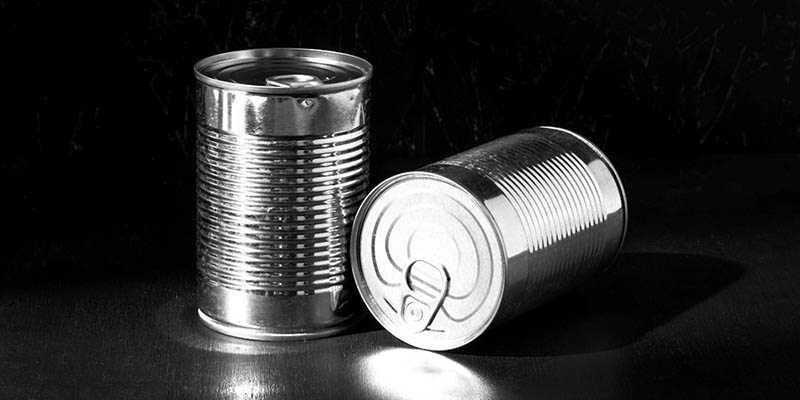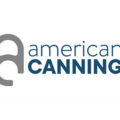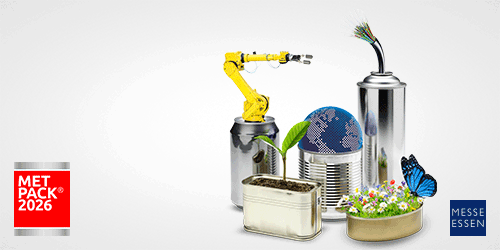The packaging market in Brazil is going through a golden age. a situation unimaginable years before. The production of glass bottles is currently at a low ebb in the face of industrial shortages, with consequences that are already beginning to be felt on the shelves and by consumers in the new year 2022.
On the other side of the scale is the aluminum can production sector, which has experienced significant growth in recent years and is poised for further success. It should be remembered that the beverage industry represents a large part of the production of aluminum bottles and cans in Brazil. However, it is necessary to take a step back and look at the profile of the beverage consumer.
Covid-19 has definitely changed the way beverages are consumed in the country. The production of aluminum cans grew 7.3% in 2020, in the midst of the sanitary crisis, according to data from the Brazilian Association of Aluminum Can Manufacturers (Abralatas). It was during this period of social isolation that people began to consume more beverages indoors, motivated in part by the greater variety of sizes and formats offered by this type of packaging.
In addition, in 2020, Brazil reached a record figure of 97.4% of cans recycled, according to data from the Brazilian Aluminum Association (ABAL) and Abralatas, which keeps the country among the world leaders in can recycling. This data translates into 391.5 thousand tons, a figure that is expected to continue to grow as the current beverage market has intensified its sales actions using aluminum cans in premium brands, which is the case with large brewing companies and also with craft breweries.
In addition, more than 80% of the production of aluminum laminates in Brazil is dedicated to the production of cans and lids. If we mention the recycling chain, it has an important added value since the country has several collection centers where the collectors have better working conditions, generating stable and environmentally committed employment, as well as a strong commitment to the community in promoting the use of this type of aluminum containers due to their infinite recyclability.
Finally, it should be recalled that the low glass production was a situation that some analysts had already predicted months earlier and that worsened during the pandemic. As the entire bottle manufacturing supply chain was reduced, a large number of companies in the country opted to import resources, but the industry was ultimately unable to respond to the high demand from the service sector after months of pandemic-induced restrictions.















